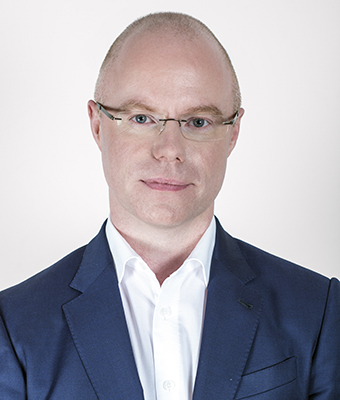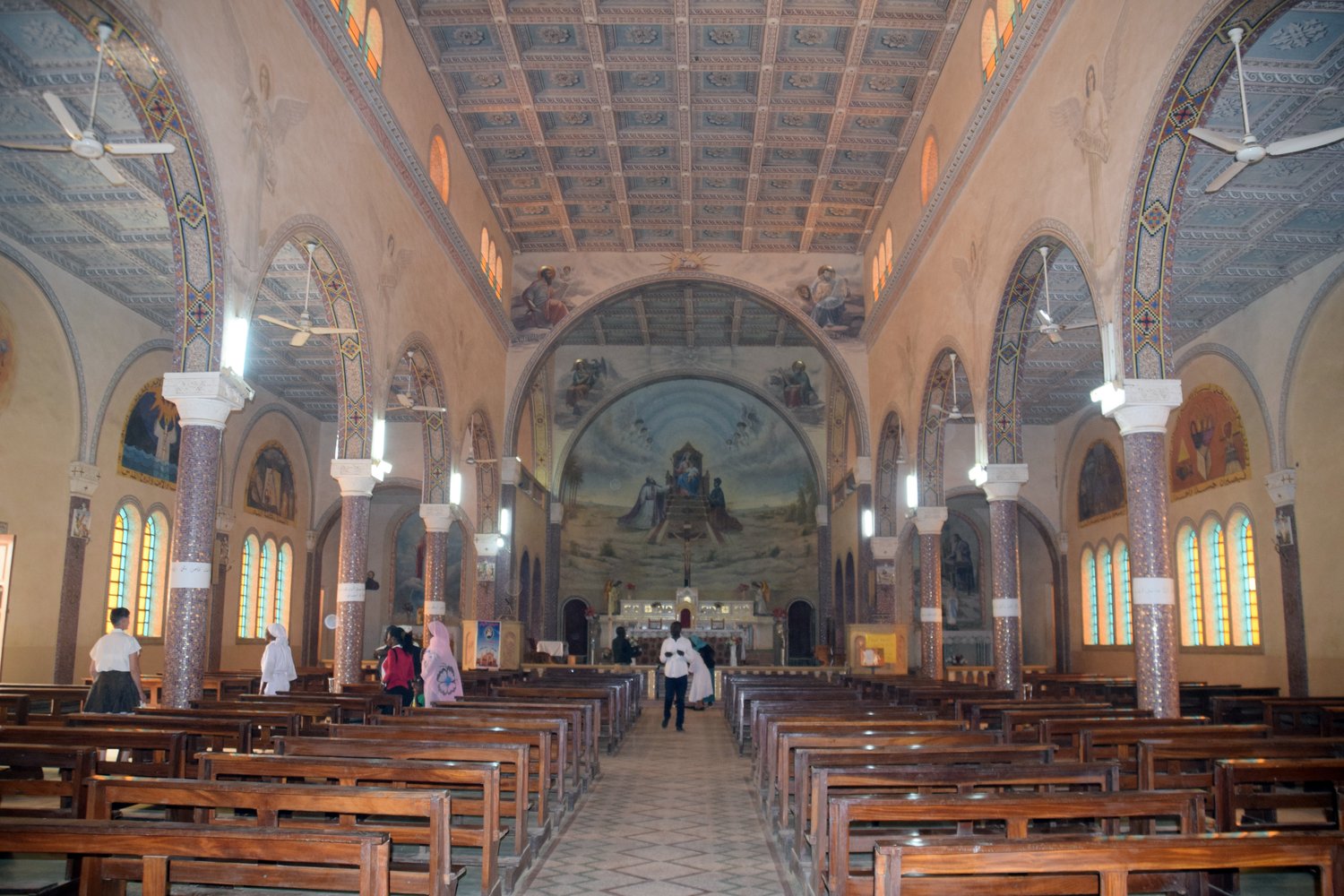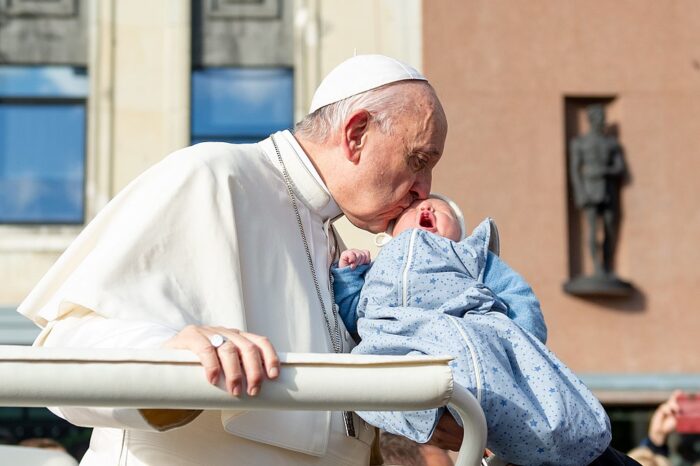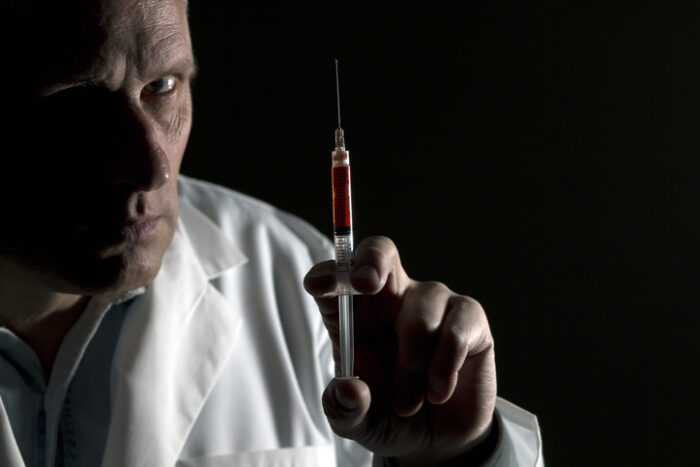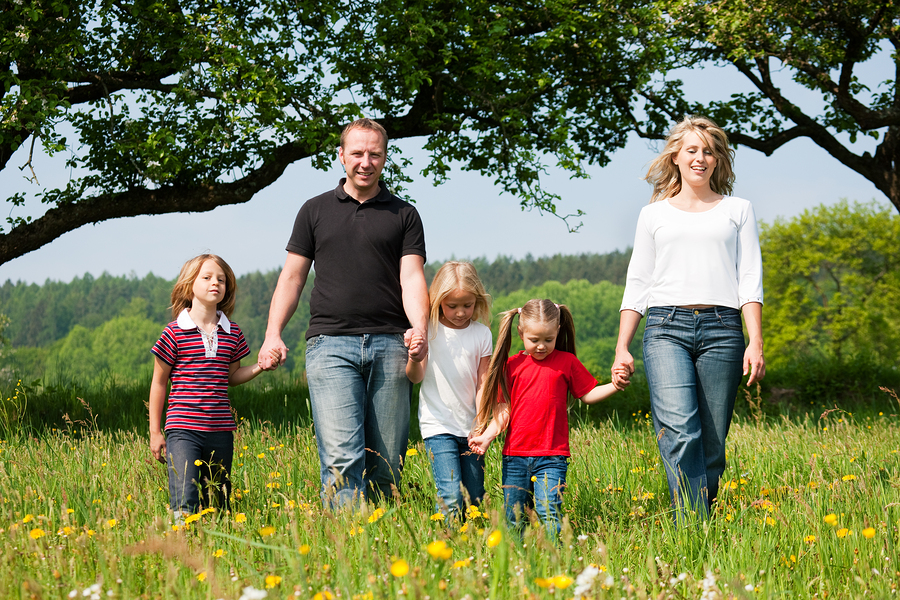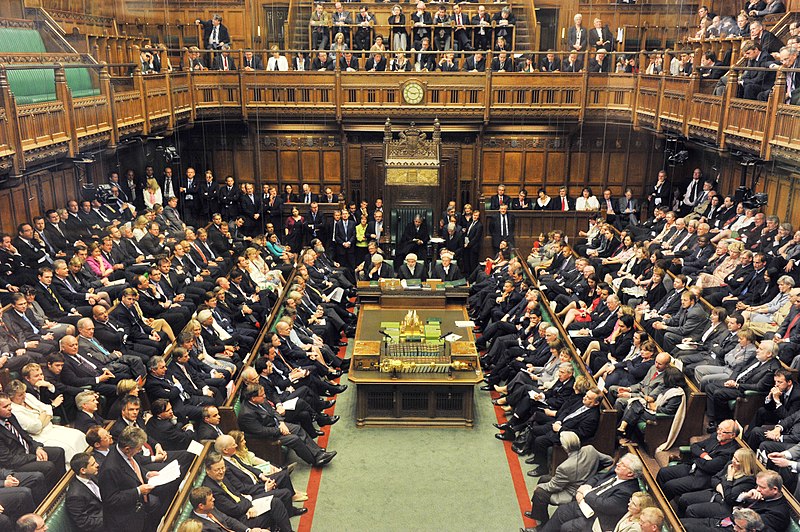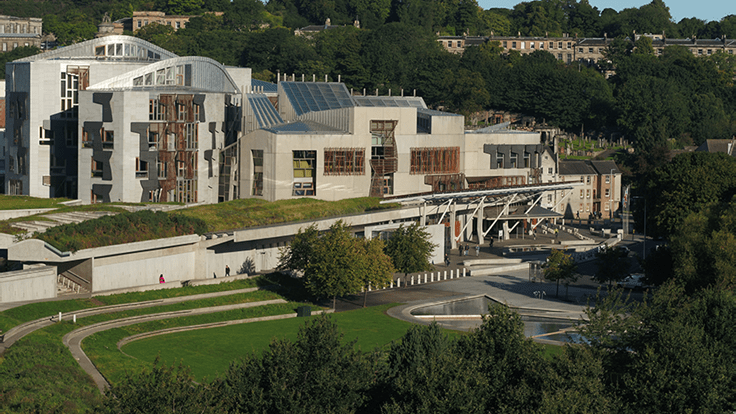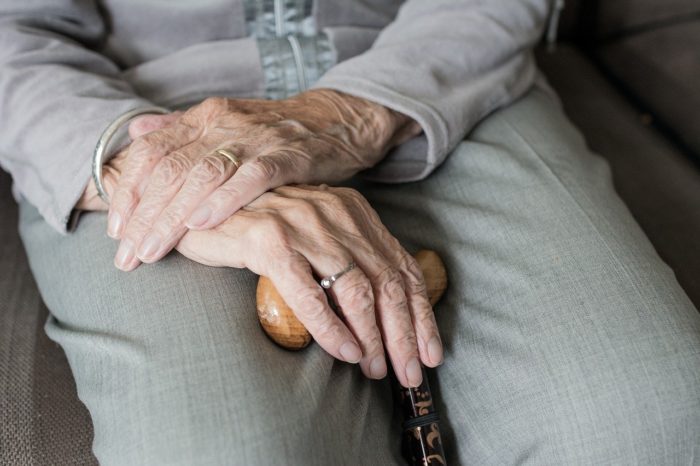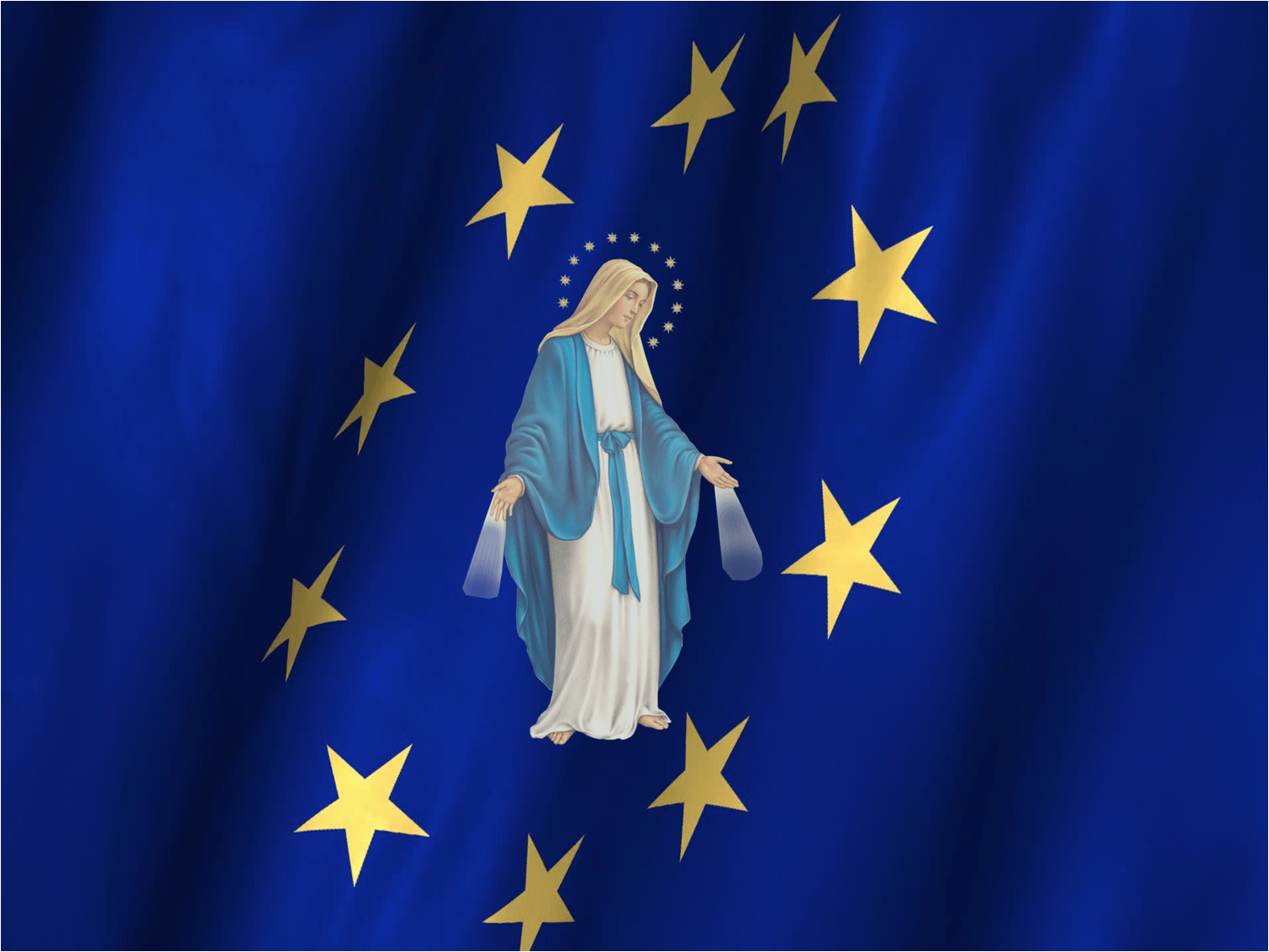The civil war in Sudan is “a forgotten conflict with no winners” and “one of the greatest humanitarian catastrophes of our time”, two bishops have said in a joint Anglican-Roman Catholic statement.
The conflict, whose first anniversary fell last month, continues to have “devastating consequences” for the people of Sudan, the statement, published on Wednesday, says.
It was issued by the Bishop of Leeds, the Rt Revd Nick Baines, the C of E’s lead bishop for foreign affairs, and the Catholic Bishops’ Conference’s lead bishop for Africa, the RC Bishop of Lancaster, the Rt Revd Paul Swarbrick.
“With attention turned elsewhere, Sudan remains largely overlooked — a forgotten conflict with no winners that is already one of the greatest humanitarian catastrophes of our time,” they write.
The Bishops point to the resulting hunger crisis, quoting a report from the World Food Programme which states that 10.5 million people — equivalent to the population of London — have been displaced, and more than 25 million people need humanitarian aid.
“Nearly 15,000 have already been killed, and 26,000 more have been injured, with women and children bearing the brunt of unspeakable violence,” the Bishops say.

